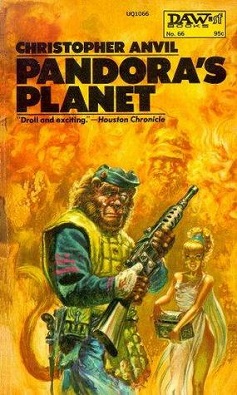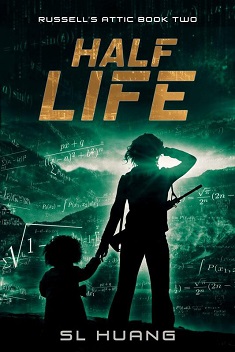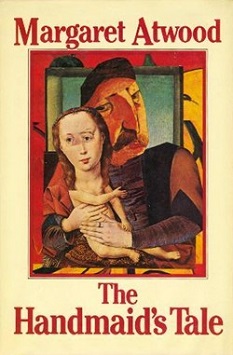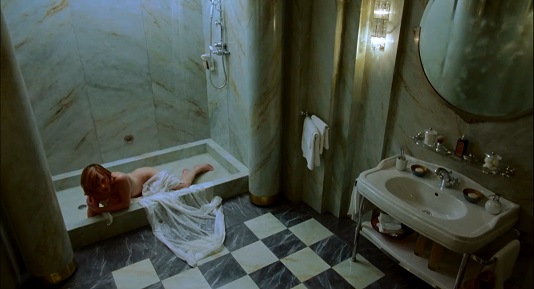
For some reason the Resident Evil movies have been repeated constantly on Dutch commercial television channels, the ultimate late night brainless action horror, ideal to watch when only paying attention intermittedly, when things get exciting again. I’ve been watching off and on when I catch them on telly, but Sunday was the first time I actually watched the first one all the way through. Starring Milla Jovovich, the perfect actress for these movies, especially here, where her blonde, model looks work well to give her a certain vulnerability and innocence,. A more stupid movie would’ve been more exploitatives, lingering more on her nudity, but here it’s mainly functional and quickly remedied.
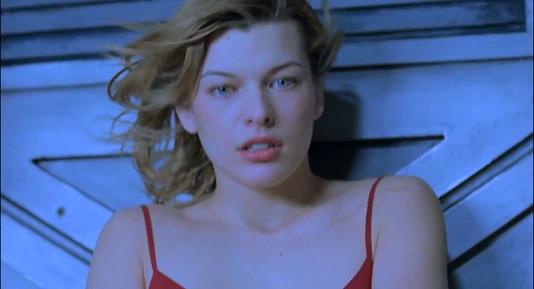
It’s more than eight minutes before Milla Jovovich/Alice, the heroine of the movie actually appears, waking up in a shower not knowning where she is, who she is or what she’s doing there. A lot of the first quarter or so of the movie, after her introduction is like here, focused on close ups of her face, her reactions to what’s happening around her. For an action movie, this in any case a movie that spends a lot of time lingering on people’s faces, the focus closed in on them.
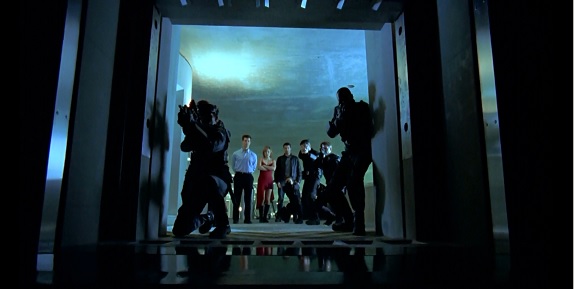
Which makes wider shots like this stand out even more. This is about twenty minutes into the movie, after Alice has been surprised by a tactical team attacking the house she woke up in. They seem to know her but she doesn’t know them. They’ve just opened the entrance to the underground city they need to investigate. Notice how Alice is the focus of the shot, even standing in the background, the angles providing a sense of menace with her in the middle of it. She also has the only colour here, everybody else dressed in black, with the exception of the civilian cop to the left of her, like her at this point an innocent dragged along into the maelstrom.
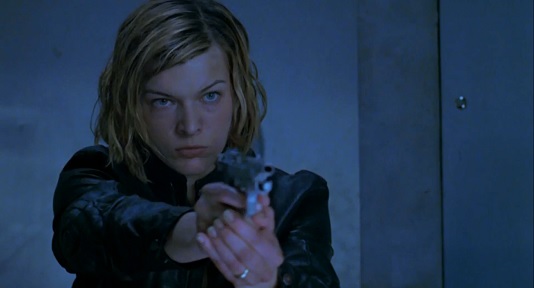
Fifty minutes into Resident Evil and Alice finally moves from observer to participant, in a great sequence of escalating threats that takes only a few minutes to work themselves out. First she has to escape a zombie dog, then an attack by a zombie security guard sees her put her karate skills in action, followed by her emptying the gun she took of the guard into the rest of the zombie dog pack. What’s interesting here is how calm she remains throughout, indeed throughout the movie, as compared to the rest of the cast. Note how at this point she’s covered up, wearing a leather jacket over the skimy red dress she wore earlier.
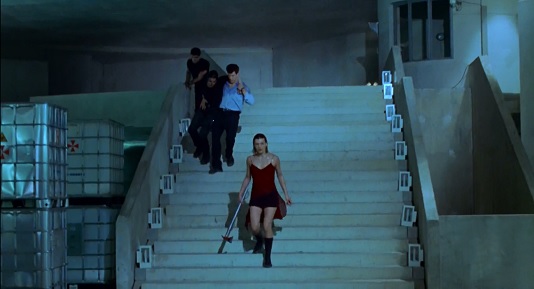
Near the end of the movie and the jacket is gone again, but whereas first the flimsy dress made her look vulnerable, here she takes charge, leading rather than following. Alice is now in total control, knowing who she is and what she’s doing, having lost her vulnerability by going through the worst the Hive could throw at her and coming out the other end, unscathed.
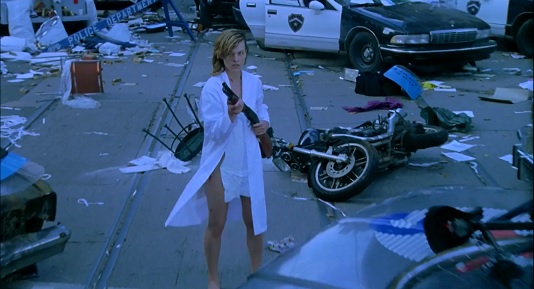
That attitude remains in the epilogue, as the movie has turned full circle and has her again wake up to chaos, now in some sort of lab, which turns out to be located in the middle of Raccoon City. From the chaos she finds as she stumbles out, it’s clear that what happened in the Hive was child’s play compared to this, but even barefoot and dressed in a medical shift, she’s fully in control and ready to kick ass.
